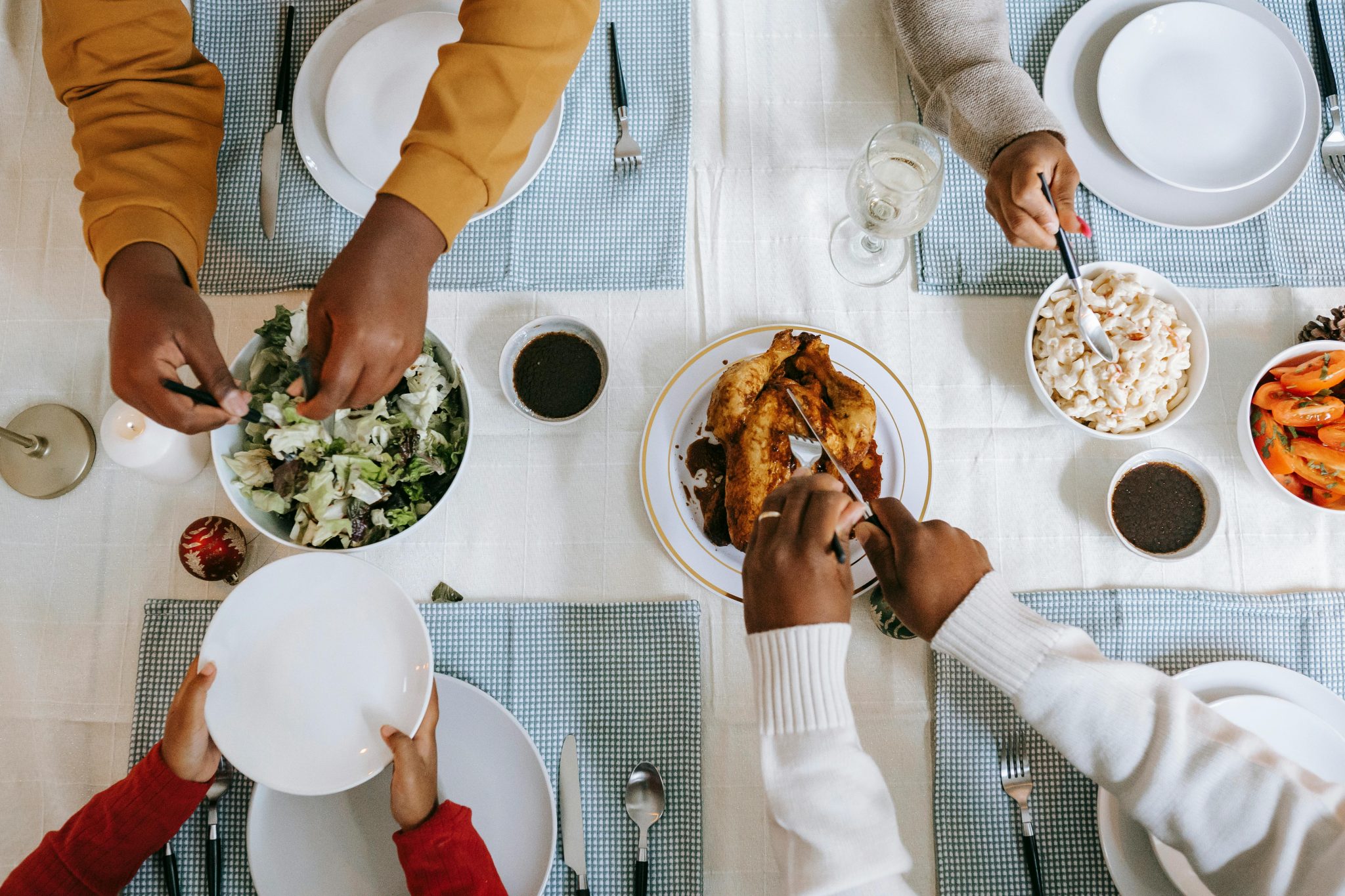For the average busy professional, social life can start to feel like another meeting that didn’t need to be an email. You spend all week managing people, projects, or both, and by the time the weekend hits, someone wants to “grab drinks.” You want to say yes, but your energy level says you’d rather melt into the couch and watch reruns of something that doesn’t require a brain cell. Balancing a thriving social life with the exhaustion of adulthood isn’t impossible—it just requires knowing how to keep your energy where it belongs.
Rethink What “Being Social” Means

You don’t need to show up to every dinner, party, or networking event to maintain connections. Being social is more about consistency than quantity. Sending a quick check-in text or suggesting a short walk after work counts. You can have a full life without being constantly surrounded by people. The trick is learning what kind of socializing actually refuels you instead of draining you.
For some, that might mean choosing smaller hangouts over large gatherings. For others, it’s scheduling catch-ups during daylight hours instead of late nights. The goal isn’t to retreat from your circle but to shape it into something that fits the life you actually live now. Think less “scene” and more substance.
Set Energy Boundaries Before the Week Begins
Burnout doesn’t start at the event—it starts long before, when you’ve already overcommitted your time and mental bandwidth. If your calendar looks like a Tetris board, that’s your cue to pause. Before the week begins, decide how many social plans you can realistically handle. Maybe that’s one event, maybe two, but definitely not five.
Here’s where self-awareness pays off. If you know you’ll be “on” all day at work, don’t pile on a dinner afterward. If you’re traveling or facing deadlines, keep your evenings clear. Prioritize downtime the same way you’d prioritize a client meeting. It’s not lazy; it’s self-preservation. You can’t show up for anyone if you’re running on fumes.
Make Room for Genuine Connection (Even When You’re Exhausted)
When your schedule’s full, your brain tends to default to autopilot interactions—those polite, forgettable conversations that don’t really mean much. The fix? Replace quantity with quality. If you’re short on time, opt for something low-pressure but meaningful. Grab coffee with one friend instead of attending a ten-person brunch.
This approach works even better when you factor in your personal life. Having responsibilities, like owning a dog, forces you to slow down, walk outside, and interact naturally. Those brief exchanges at the park or friendly nods to neighbors count more than you think. They keep you connected to people without draining your energy reserves. Sometimes, the best social recharge doesn’t come from talking for hours but from simple human presence.
Choose Your Nights Out Wisely
Let’s be honest: social burnout often goes along with social drinking. Going out for drinks can be fun, but if you’re not prepared, the next morning will eat your productivity alive. Knowing how to prepare for a night of drinking can make the difference between a harmless indulgence and a weekend you’ll regret.
Eat before you drink, hydrate early and even take a drink vitamin (an after drinking supplement that’s a total game-changer). Choose one or two drinks you actually enjoy instead of mixing everything under the bar. And for the love of your Monday, skip the “one last round.” That line is never true. The smartest professionals aren’t the ones who never go out; they’re the ones who know when to go home. Socializing is supposed to help you connect, not set you back three days in recovery.
Rebuild Your Weekends Into Something Sustainable
If weekends always leave you more tired than weekdays, you’re doing weekends wrong. Try planning your social time around what energizes you instead of what looks good on Instagram. A quiet dinner with a friend, a walk, or even time spent cooking a meal can fill you up far more than another overcrowded outing.
The older you get, the more social stamina becomes a limited resource. That’s not a bad thing—it just means you’ve learned what actually matters. Instead of fighting it, lean into it. Declining an invite doesn’t mean you’re antisocial; it means you’re protecting your peace. Your real friends will get it, and if they don’t, that says more about them than it does about you.
Create a Reset Routine That Actually Works

Even with good boundaries, burnout creeps in. That’s when a personal reset comes in handy. It doesn’t have to be elaborate. Maybe it’s a Sunday morning ritual where you turn your phone off, make coffee, and do absolutely nothing productive for an hour. Or maybe it’s taking a few minutes after work each day to decompress before engaging with anyone else.
What matters is consistency. You can’t pour into friendships, relationships, or even your work if you’re constantly running on empty. Building small recovery moments into your week keeps you from reaching the point of exhaustion in the first place. It’s not selfish; it’s strategic.
Finding Balance in the Noise
There’s a quiet art to knowing when to show up and when to sit out. Socializing isn’t a measure of how likable or outgoing you are—it’s about how balanced your life feels. The professionals who seem to have it all figured out usually don’t do everything; they just do the right things for them.
When you stop trying to meet everyone else’s expectations of “fun” and define your own version of connection, burnout starts losing its grip. You’re not avoiding life—you’re learning to live it on your terms.





















